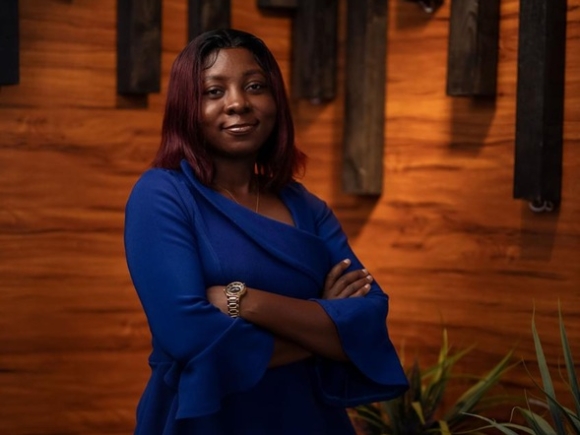Last week, I watched my neighbour, Mr Kuma, nearly win a wrestling match with his staircase. Nearly !! (hahahaha) . One misstep and down he went, arms flailing like a man auditioning for an invisible dance partner. Thankfully, he was more embarrassed than injured.
But that scene isn’t rare. For many older adults, falls become the uninvited guest at the party of life. They sneak in quietly, robbing confidence, independence, and sometimes health itself. And here’s the kicker: most of those falls don’t have to happen.
That’s where physiotherapy comes in.
Unsung heroes of movement
Physiotherapists aren’t just people who hand you resistance bands and count your squats. They’re part scientists, part coaches, part cheerleaders. They study how your body moves, how your muscles fire (or forget to), and how your balance stacks up against gravity’s persistence. Then, they craft a plan to keep you strong, steady, and able to chase whatever joys ageing hasn’t stolen, whether that’s grandchildren, tomatoes in the garden, or the last seat on the bus.
Frailty isn’t fate
Too often, frailty is spoken about as if it’s destiny, a slow, unavoidable slide. But frailty is really about lost strength, flexibility, and endurance. And here’s the story no one tells: with guided exercise, balance training, and tailored movement, frailty can be slowed, prevented, even reversed.
Physiotherapy is less about “fixing what’s broken” and more about “future-proofing the body.” It’s like updating your phone’s software so it doesn’t crash when you need it most.
Age boldly, not carefully
Healthy ageing doesn’t mean living cautiously, avoiding every curb or carpet edge. It means ageing with confidence, the kind that lets you laugh when you stumble, instead of fearing every step.
So the next time you hear someone say, “I’m too old for that,” remind them: the body isn’t a fragile antique; it’s more like a vintage car. With the right tune-ups, it’ll keep running, and running well.
Senior Physiotherapist
gabriellanaa.ga@gmail.com

